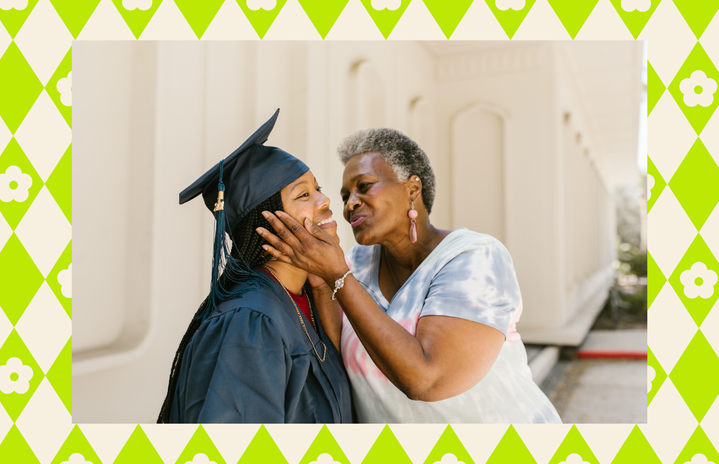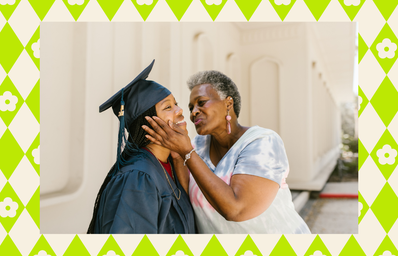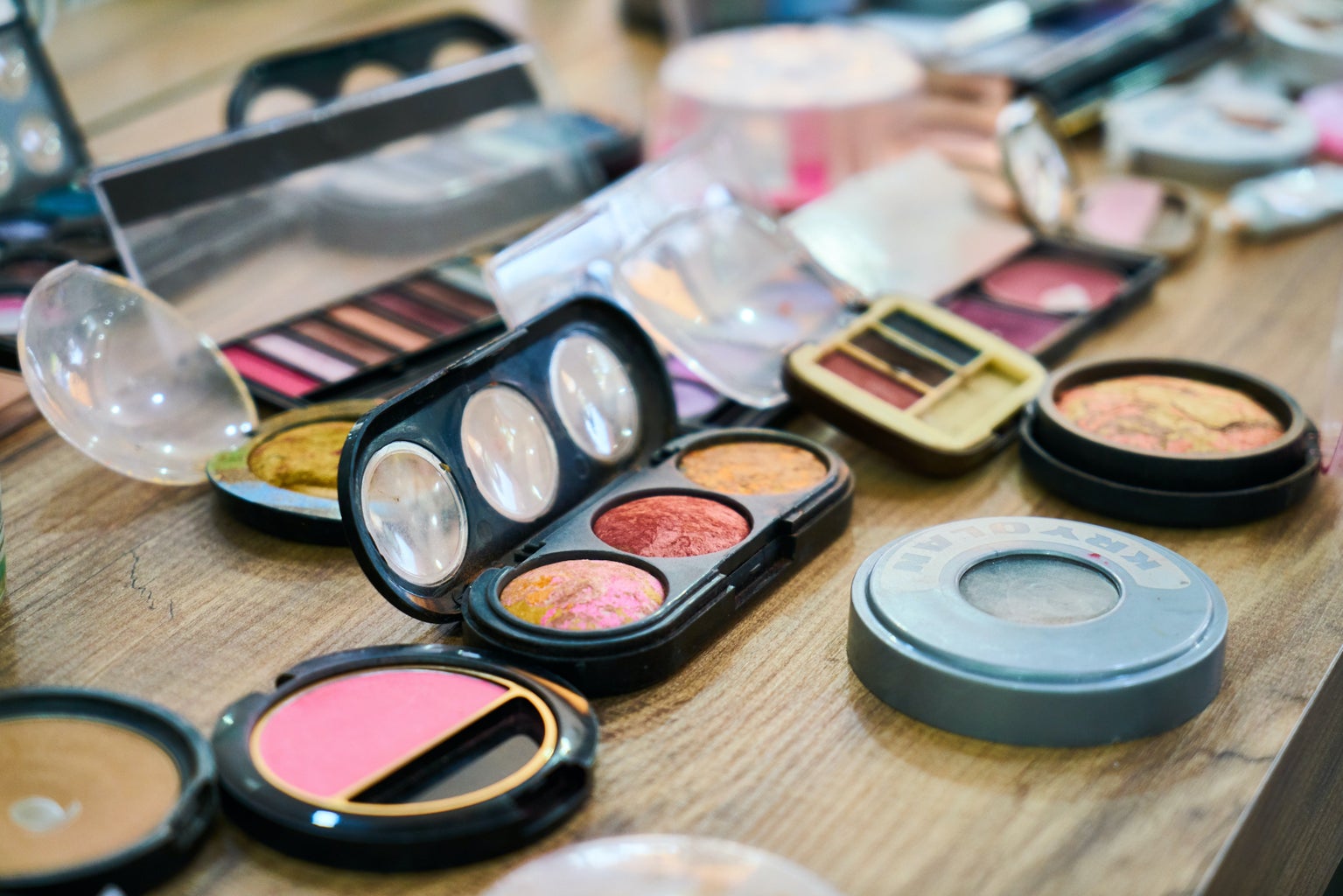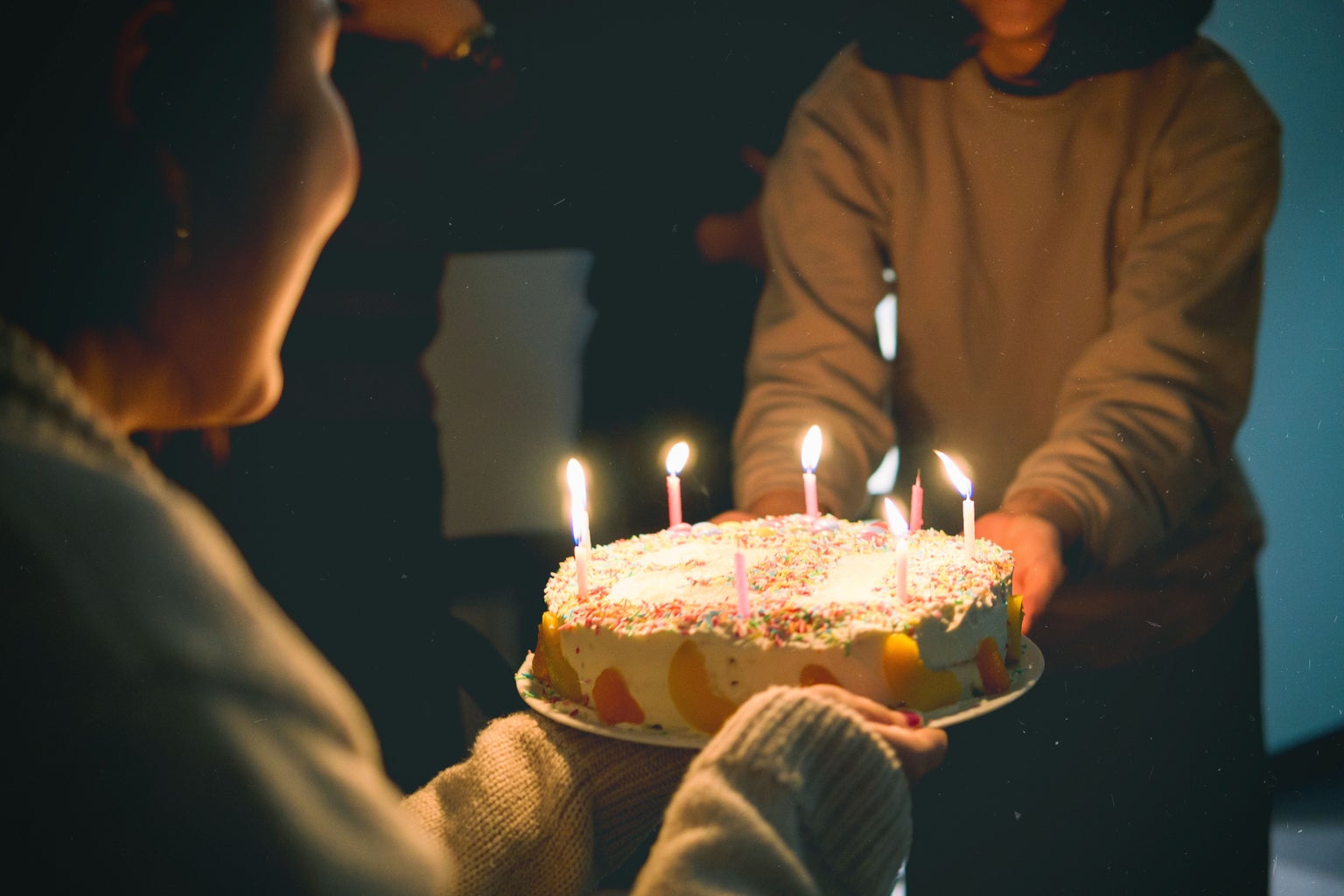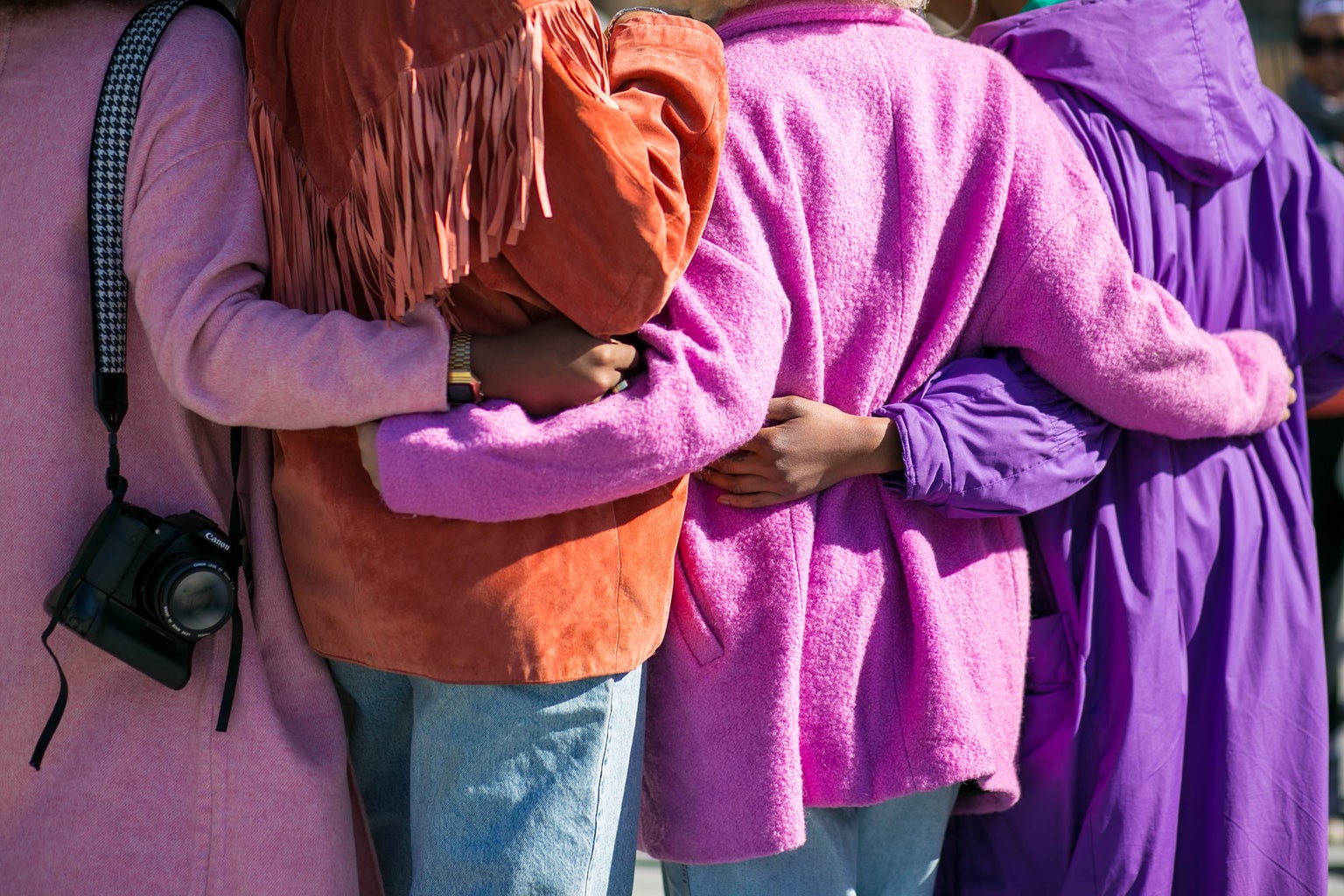To embark on a journey in the cosmetics aisle of any drugstore in America means facing a barrage of anti-wrinkle creams, hair dye, and supplements for weight loss: all products designed to combat the symptoms of aging. These products communicate that aging is not a natural part of human life; instead, it is an entirely undesirable and reversible process (if you purchase and use them, of course).
Marketed toward women, this rhetoric of “anti-aging” plastered across beauty products everywhere is symbolic of a wider societal narrative: for women, getting older equates to social and economic expiration.
The world has little social capital to distribute to the majority of its inhabitants. It begrudgingly bestows some power to younger women in the form of sexual attractiveness. For a couple of decades, women can enjoy social visibility; youth is paramount. The objectification of your body and the reduction of your person to your appearance seems like a high price to pay for societal value; however, at the time, it seems preferable to the looming, lonely years ahead.
My friends and I often repeat the adage “you always cry on your birthday.” This little axiom rings true every year on that dreaded anniversary of birth; surrounded by friends and family, we cry. I turned 20 a couple of months ago and felt an overwhelming and profound sense of loss. I cried for my perceived loss of youth (how absurd, at 20 years old, to cry for a loss of youth). Each year, getting older feels tangible; like I will wake up the next morning with a gray hair, and suddenly nobody will want to look at me anymore.
How can I not feel this fear? How can I not feel like my merit lies in what I look like to other people? When 59-year-old Brad Pitt, a “silver fox,” just starred in a new action blockbuster while I read tabloids that reported on the fading looks of similarly-aged actresses? When I was first catcalled in a bikini at the age of 12 and sometimes I feel less desirable now than I did then? When I hear my mother, or my friend’s mothers, or my grandmothers, or my aunts wistfully lament their youthful beauty?
I do not want to live with this fear of aging any longer. I feel all of its weight every time I layer sunscreen over my moisturizer in the morning in the hopes that it will prevent a spot on my skin in the far, far future. This fear is manufactured by the patriarchy that values the body of women more than it values what lies inside it; by a culture of consumerism that profits off of the insecurities of femininity; by capitalism, which desires women for their labor and for their ability to birth more laborers.
It is time to abandon the idea that worth will disappear alongside thick, colored hair, smooth skin, and taut breasts. Worth is derived from survival: the wisdom, toughness, and memories gained from living a long life are what aging women bring to the table. We all should start to recognize it.
